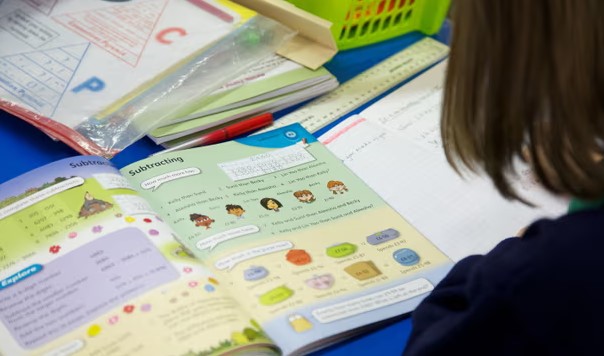Behaviour in schools in England has deteriorated since the pandemic, with pupils refusing to comply with rules, talking back to teachers and walking out of class mid-lesson, the head of Ofsted says.
Suspensions for physical assault, threatening behaviour and verbal abuse have increased, with even primary schoolchildren being defiant and refusing to follow simple classroom instructions, such as to get out their books.
In some cases, children are turning up at school for registration but, despite being on the premises, failing to attend any lessons, the outgoing chief inspector of schools in England, Amanda Spielman, said in an exclusive interview with the Guardian.
Poor behaviour and disruption in the classroom were contributing to anxiety and poor mental health among some pupils, she said, which was, in turn, adding to high levels of absence in English schools.
More than two out of five teachers (42%) who took part in a recent Ofsted survey on pupil behaviour said it had worsened since the pandemic. Initial findings from new Ofsted research, due to be published next year, show the three most frequent behaviour issues are persistent low-level disruption, cited by more than two-thirds of staff (67%), refusal behaviour or passive non-compliance, where a child ignores an authority figure (67%), and talking back at teaching staff (64%).
“This is across the system,” said Spielman. “There’s definitely some real challenges for schools to manage at the moment. Schools are having to deal with things like more children just walking out of classes, or being registered at school but failing to show up in lessons.”
Spielman will address some of these issues in a speech to the Confederation of School Trusts on Friday, when she is expected to say: “I know how hard it is for many of you to deal with challenging behaviour at the moment. But poor behaviour can make other children anxious about school.


